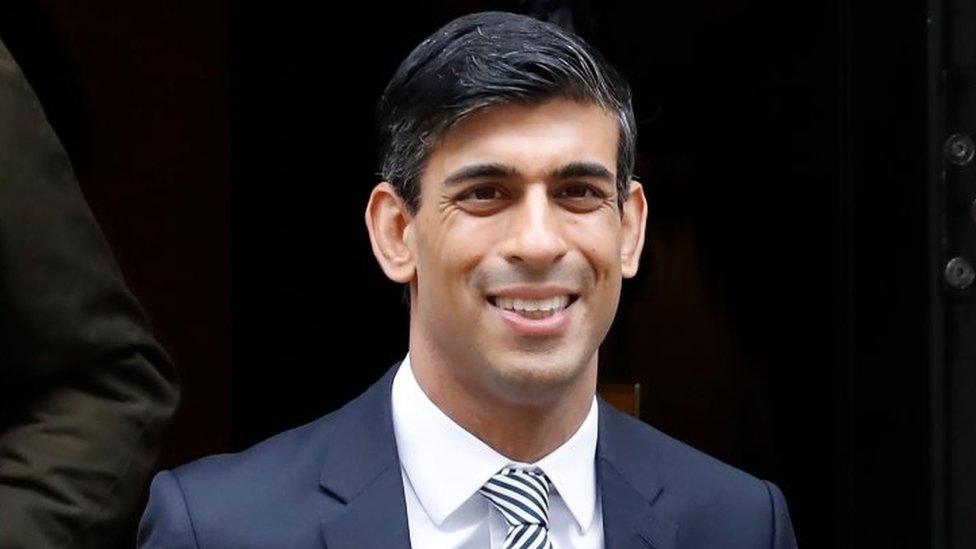Budget 2020: What we already know about our changing finances
- Published
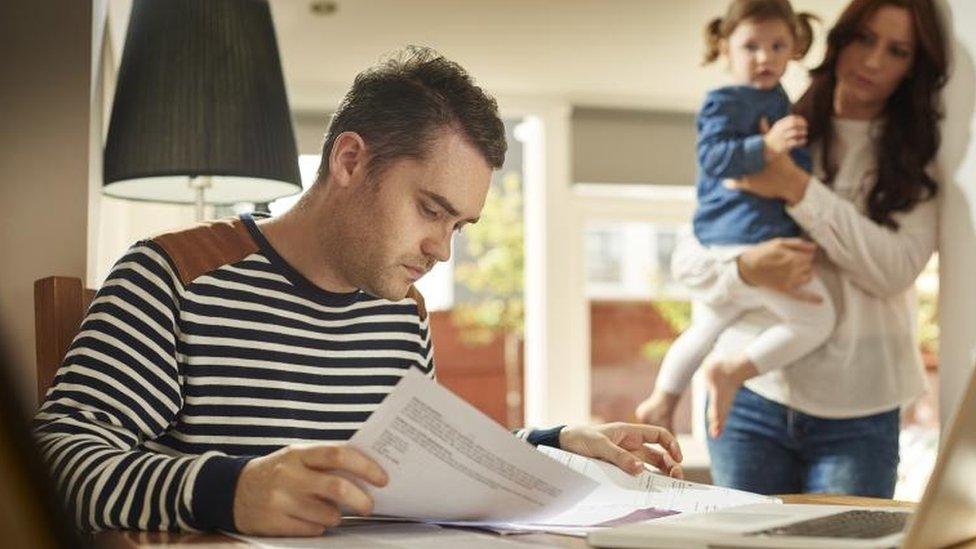
Two Budgets this year will have a big impact on the money in our pocket - but in fact, we already know our finances are changing.
Some policies have already been announced, some calculations completed, and some promises made that tell us how we will be affected.
These are some of the ways in which your wages, taxes, pensions and benefits will shift in April.
'No rise for big taxes'
One of the big factors of this and upcoming Budgets is something that actually is not going to happen.
The Conservative manifesto promised that during the course of this five-year parliament, there will be no rise in the rates of income tax, VAT or national insurance.
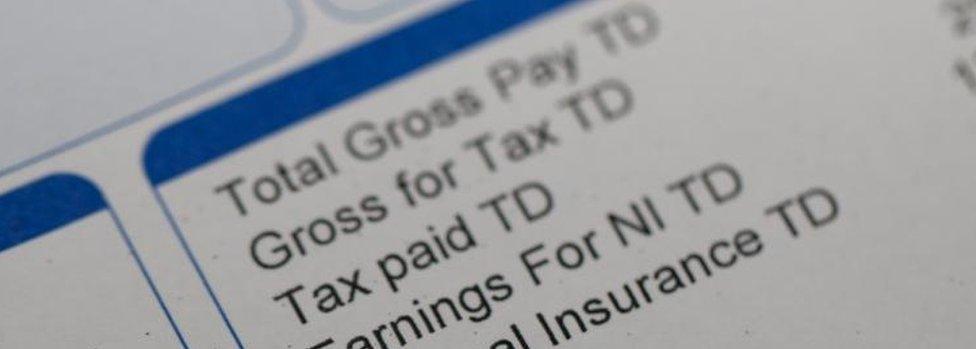
So that means no increase in the proportion of our pay packet that goes to such taxes, or the tax when we buy goods and services. Clearly, if we earn more, we will pay more.
There are other ways in which the chancellor can raise money from us, so some people could still end up worse off.
But allowances are frozen
In recent Budgets, chancellors have increased the amount we can earn before we pay tax, known as the personal allowance.
This April, it will be frozen at £12,500 before we start paying 20% income tax. Also frozen is the £50,000 threshold at which people start to pay the higher 40% rate of income tax.
Practically, that means anyone who gets a pay rise in the coming year may be at risk of paying more in tax, as the extra wages mean they cross these thresholds.
This is known among economists as fiscal drag.
If you are living in Scotland, you have different income tax rates from the rest of the UK. Changes were announced in the recent Scottish budget.
Tax help for workers
One nailed-on promise from the government was a tax break regarding national insurance.
The current threshold sees employees and the self-employed paying contributions once they earn £166 a week, equivalent to an annual salary of £8,632 a year. From April, we will start paying when we earn £9,500.
That will mean 500,000 people will no longer have to pay this tax, according to independent economists at the Institute for Fiscal Studies (IFS). Those still paying will save up to £85 a year.
The IFS says 8% of the gains go to the poorest 20% of working households, so it is those on a decent income who may benefit the most.
Benefits freeze thaws
Over the last four years, many working-age benefits have been frozen. including Jobseeker's Allowance, Employment and Support Allowance, some types of Housing Benefit, and Child Benefit.
This policy has been one of the biggest factors squeezing the finances of millions of people during the years of austerity. The IFS says it has cut an average of £560 per year from the income of the country's poorest seven million families since 2016.
From April, these benefits will rise in line with the rising cost of living, external, going up by 1.7%. So, for example, child benefit for the eldest child will go up from £20.70 to £21.05 per week.
There are still some cuts being introduced gradually - for example, the two-child limit on means-tested benefits and the abolition of the family premium, which sees extra financial support for the first child.
There has been another delay in the full introduction of Universal Credit, the benefit that merges a number of others into one.
Minimum wages will rise
Those on the lowest wages will be getting a pay rise in April. This has already been agreed.

Many young workers will get a pay rise
Those aged 25 and over will get the National Living Wage of £8.72 an hour, with younger workers also getting more.
From April, the new rates are:
The National Living Wage for ages 25 and above - up 6.2% to £8.72
The National Minimum Wage for 21 to 24-year-olds - up 6.5% to £8.20
For 18 to 20-year-olds - up 4.9% to £6.45
For under-18s - up 4.6% to £4.55
For apprentices - up 6.4% to £4.15
Clearly the burden of paying these higher wages is carried by employers, not the government, which should actually receive more in tax as a result.
State pension lift
Those at the other end of the age spectrum will also get a 3.9% state pension rise.
The full, new state pension will go up from £168.60 a week to about £175.20 in April. However, most pensioners get the older basic state pension, which is likely to go up from £129.20 to £134.25 per week. They may also get a Pension Credit top-up.
The rise is the result of the triple-lock system, which means that the state pension rises in line with inflation, earnings or 2.5% - whichever is the highest. The Conservatives have pledged to keep this in place for this term of parliament.
And some help for doctors and other high earners?
The highly complicated way in which high earners are taxed is set to change. Basically, tax relief on pensions becomes less generous if annual income exceeds £150,000 a year.
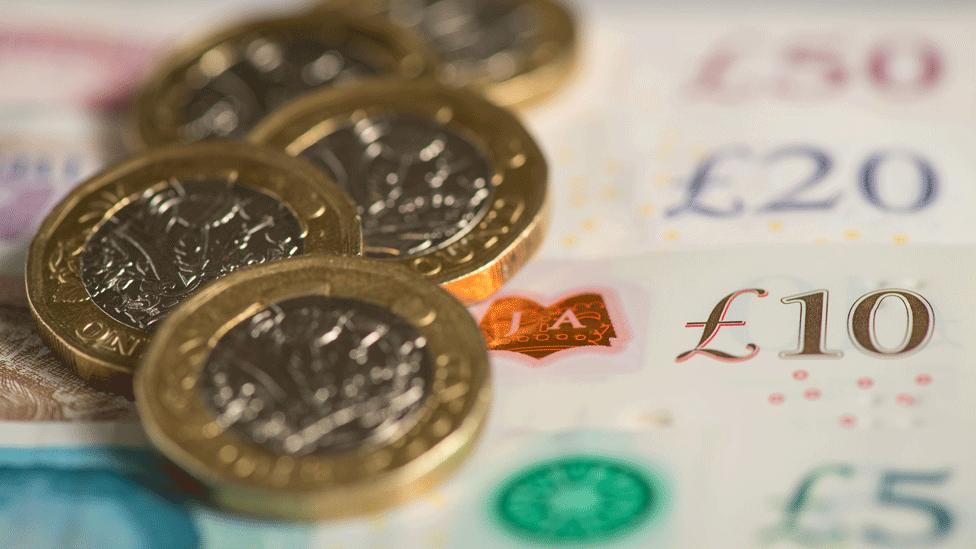
Some doctors have been refusing to work extra hours (and earning more) because they were being landed with bigger tax bills.
They, and other high earners, are being assessed to see if they were liable once their annual salary goes over £110,000. The government has promised to look at the situation and there is an expectation that changes in the Budget will mean this assessment will only kick in once a standard salary exceeds £150,000.
Some contractors will pay more tax
Many self-employed people face a higher tax bill from April, when the so-called IR35 rule is extended to the private sector.
Larger private-sector employers will need to assess whether their contractors are, in fact, employees.
That could mean thousands of contractors and freelancers will pay income tax, as well as national insurance at a higher rate than they do now.
Inheritance tax changes
The gradual process allowing people to pass on property to their descendants free from some inheritance tax will enter its final stage of introduction. It will reach its target by 2021.
- Published6 March 2020
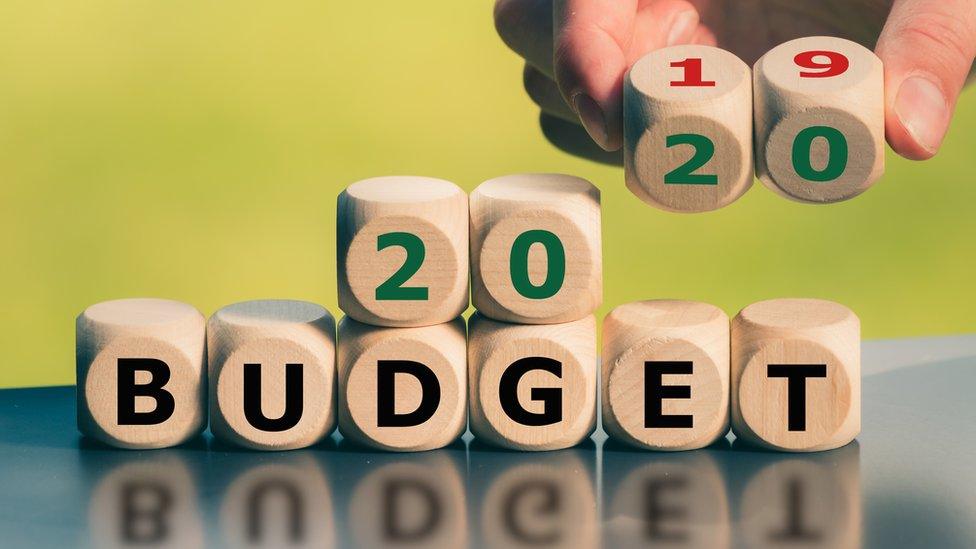
- Published5 March 2020
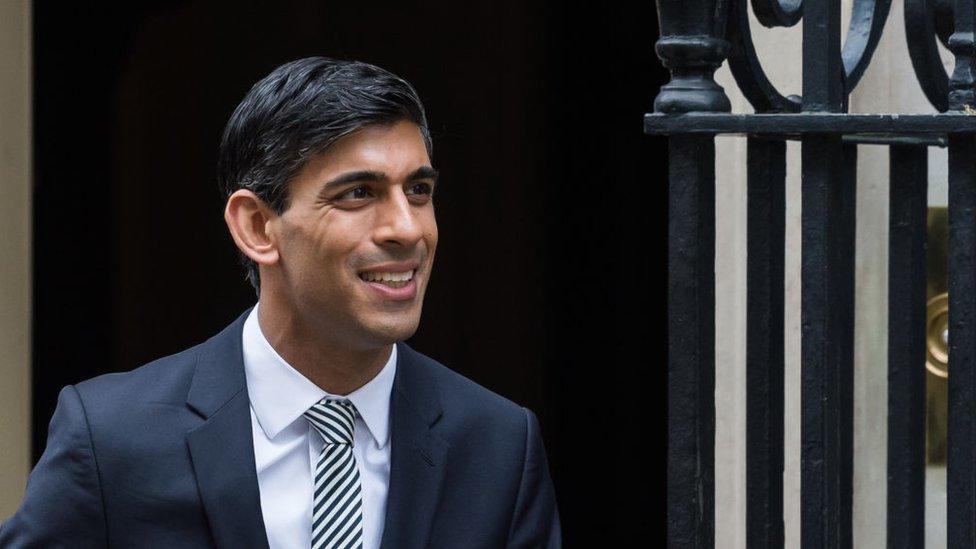
- Published26 February 2020
